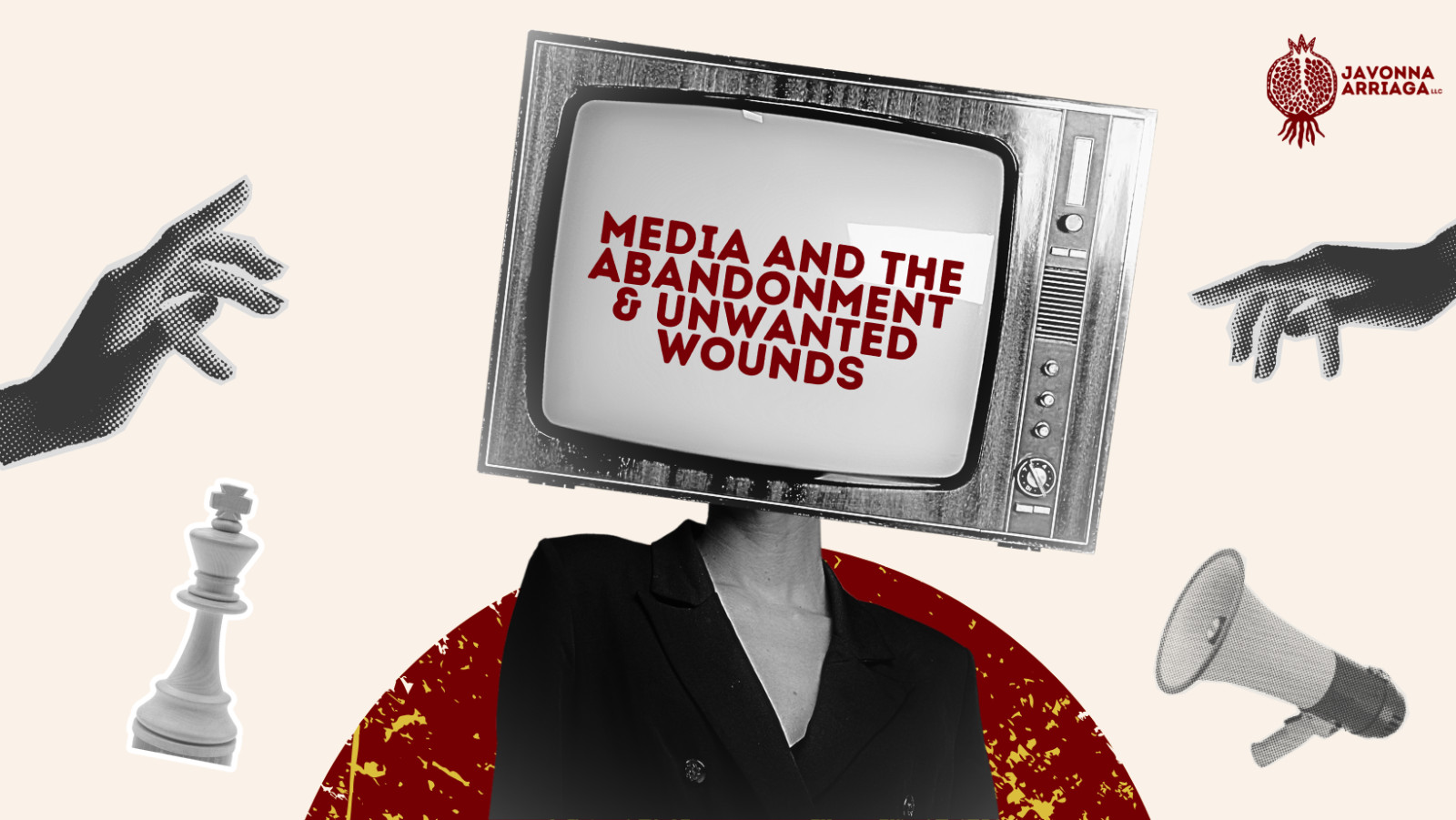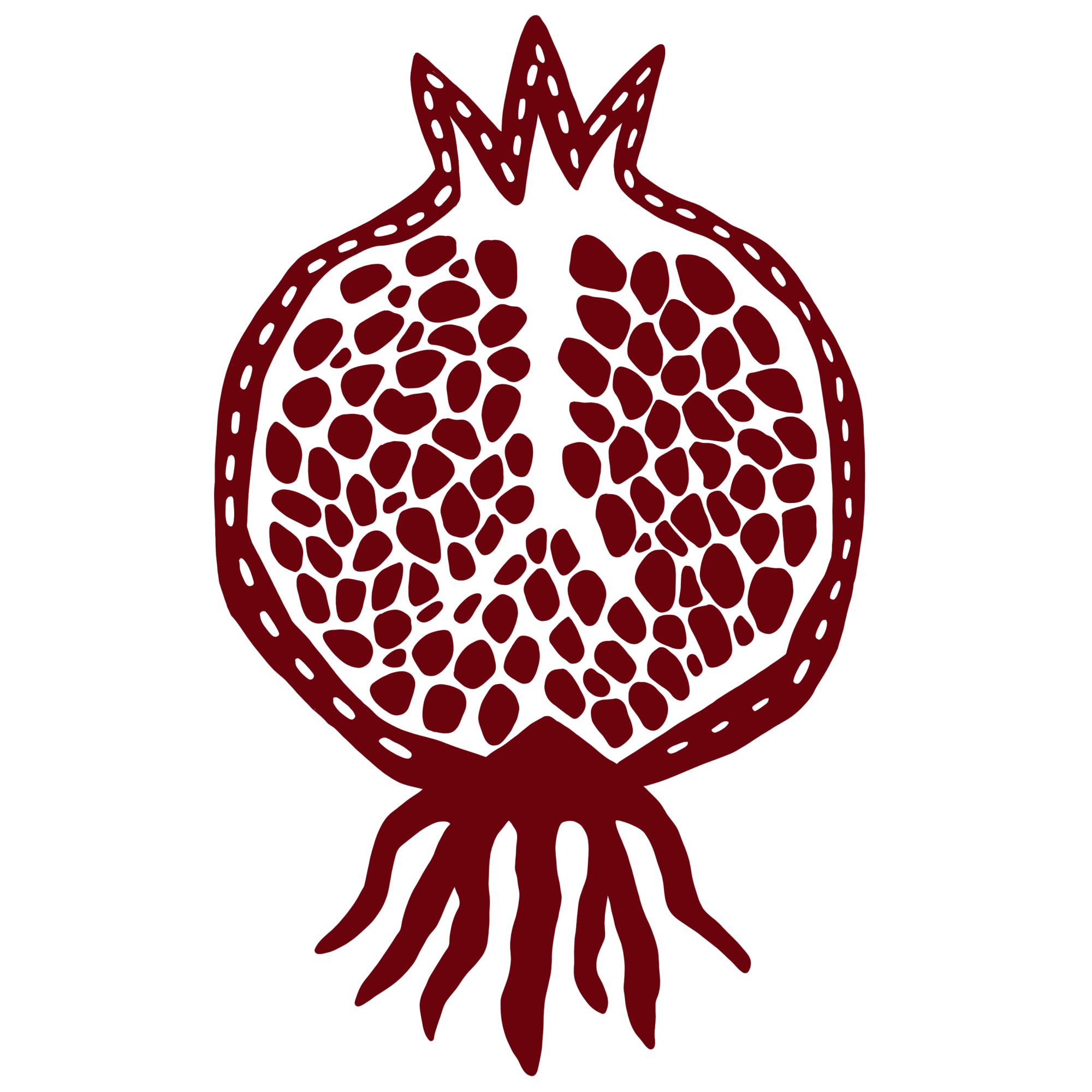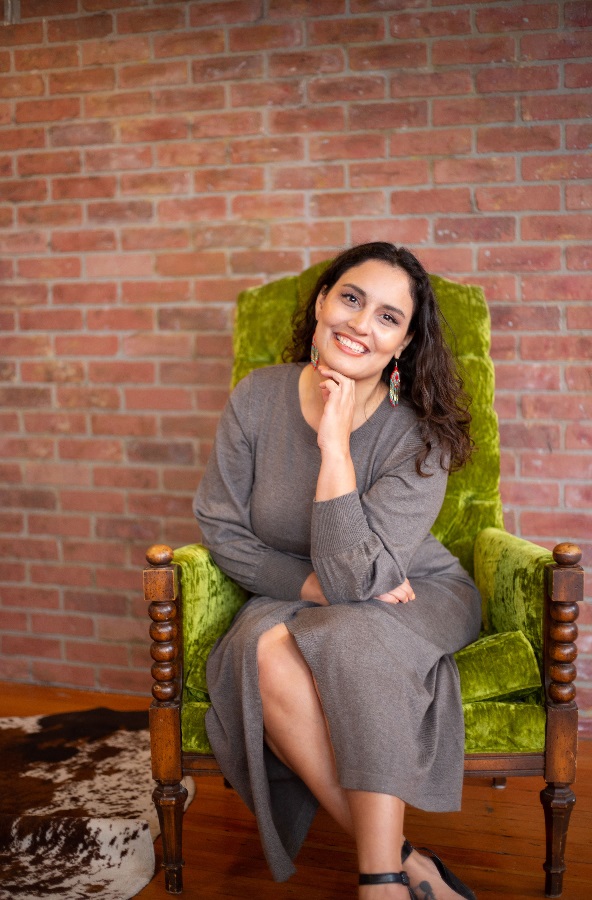The mental health system carries deep scars of colonization, reflected in generational trauma, identity conflict, and systemic inequities that persist today. Colonization’s impact continues to shape the sense of self, relationships, and overall well-being of many communities.
Colonial systems forcibly stripped individuals of their cultural identities, imposing controlling and assimilationist structures. This erasure led to intergenerational trauma—the pain of displacement, violence, and loss of cultural practices passed down through generations.
Many mental health systems operate within this colonial framework that favors Western models of care and often fail to address the needs of diverse communities. This exclusion can alienate those seeking help, as their lived experiences and cultural contexts are overlooked or dismissed.
Healing from the impacts of colonization involves reclaiming cultural practices and narratives. Decolonial therapy, rooted in decolonial frameworks, supports individuals in processing the trauma of colonization while reconnecting with their cultural roots. Integrating traditional practices like storytelling, community rituals, and ancestral healing methods alongside modern therapeutic approaches creates a more holistic and effective model of care.
Addressing the ways colonization has shaped mental health allows us to reclaim our narratives and foster intergenerational healing. This work not only empowers individuals but also strengthens communities, providing a pathway to collective resilience and liberation.
What if mistakes were met with understanding, accountability, and opportunities for growth instead of punishment? An abolitionist world envisions this very approach, emphasizing learning and healing over retribution.
In our current systems, punitive responses often exacerbate harm, perpetuating cycles of trauma and isolation. Whether in relationships, workplaces, or the justice system, punishment rarely addresses the root causes of harmful behavior. Instead, it reinforces shame and alienation, making it harder to repair broken relationships or rebuild trust.
An abolitionist approach to accountability shifts the focus toward healing. It begins with acknowledging harm and committing to repair. This model not only addresses the immediate impact of harm but also examines the deeper, systemic or personal factors that contribute to hurtful actions. By creating space for dialogue, understanding, and transformation, this framework fosters true change.
This philosophy is particularly transformative in therapy. Clients can explore how past experiences and societal pressures shape their behaviors, all within a nonjudgmental space. In this way, clients can nurture self-awareness, which enables meaningful change and purposeful growth.
Living daily with an abolitionist mindset means practicing empathy, compassion, and restorative justice. It involves seeing mistakes as opportunities to grow rather than reasons to punish. By embracing this perspective, we can build a culture of healing, connection, and resilience—one where mistakes lead to becoming, not breaking.

In today’s world, the narratives we see and hear shape how we feel about ourselves and the world around us. One of the most pervasive wounds many people carry is the feeling of abandonment or being unwanted. Unfortunately, media often perpetuates this wound by amplifying stereotypes and false ideals that leave us feeling disconnected, overlooked, and devalued.
From an early age, media shapes our understanding of belonging, love, and acceptance. However, when these narratives exclude diverse identities, body types, and experiences, they send a harmful message. For example, the relentless glorification of heteronormative, monogamous relationships can alienate those in queer or polyamorous partnerships. Similarly, unattainable beauty standards perpetuate inequality and shame for anyone who doesn’t fit within those narrow definitions.
These messages hit particularly hard for individuals who have experienced abandonment in their personal lives. Media’s exclusionary narratives can trigger deep-seated fears of being unworthy, unlovable, or incapable of achieving the “perfect” relationship or family. This cycle of doubt and insecurity is exhausting and self-perpetuating, often reinforcing the very wounds it originates from.
Breaking free from these narratives begins with intentional healing. A powerful first step is developing media literacy—learning to critically evaluate the content we consume and recognizing its impact on our self-perception. By understanding how media shapes our views, we can reclaim our stories and embrace our authentic, imperfect, and beautiful selves. This also means seeking out diverse media that uplifts a broad range of human experiences, allowing us to see ourselves and others more clearly and compassionately.
Healing the abandonment wound requires community and connection. Through therapy and collective support, we can rewrite our personal stories and build resilience. Refusing to accept harmful media standards and embracing narratives that affirm our worth are acts of liberation. By taking these steps, we move closer to wholeness, creating a world where everyone’s story is valued and celebrated.

